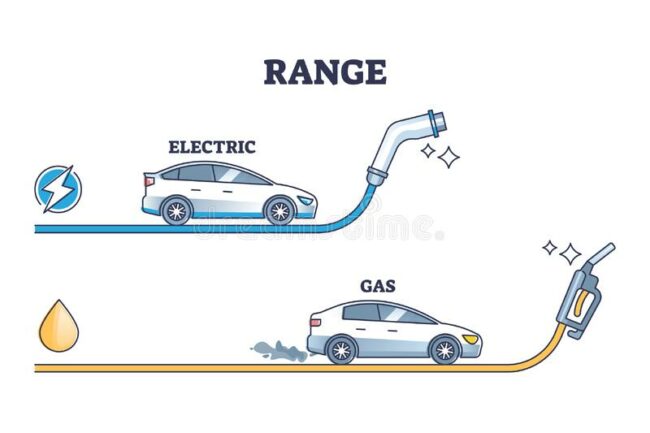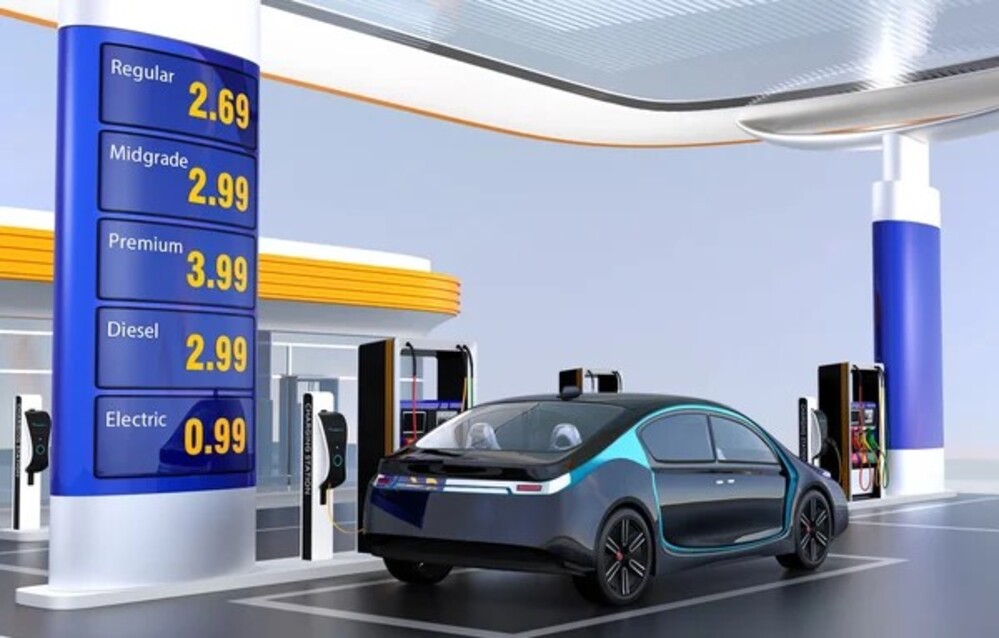It seems that when it’s about EVs vs diesel cars, the later are losing the race. Electric vehicles (EVs) have been gaining popularity over the years as people look for more sustainable and environmentally friendly modes of transportation.
People are familiar with diesel cars’ costs of maintenance and driving. However, EVs are still new, and the math is unclear for most people. One of the concerns that people have when considering purchasing an EV is the cost of charging it.
Factors that affect the cost of charging an EVs
The cost of charging an EV can vary depending on several factors, such as the price of electricity in the region, the charging method used, and the battery capacity of the vehicle.
The price of electricity can vary widely depending on the country and region. In general, the cost of electricity is higher in countries such as Denmark, Germany, and Belgium, while it is lower in countries such as Bulgaria and Hungary.
The charging method used
EVs can be charged using different methods, such as home charging, public charging, and fast charging. The cost of charging will depend on the method used. For example, home charging is typically the cheapest option, while fast charging can be more expensive.
The battery capacity of the vehicle
The battery capacity of an EV can also affect the cost of charging. It determines how much energy the battery can store and how far it can travel on a single charge. The larger the battery, the more expensive it will be to charge.
Also, the efficiency of an EV determines how much electricity it requires to travel a certain distance. More efficient EVs require less electricity and, therefore, are cheaper to charge.
EVs vs diesel cars: Fuel Cost Comparison
Determining whether an electric vehicle (EV) or a diesel car is cheaper to drive on an annual basis depends on several factors, including the cost of fuel, the efficiency of the vehicle, the distance traveled, and the cost of maintenance.
In general, EVs are cheaper to fuel than diesel cars, as electricity is less expensive than diesel fuel. According to the US Department of Energy, the cost of charging an EV is significantly less than the cost of fueling a diesel car. On average, it costs around $1.20 to drive an EV for 40 miles, while it costs around $5.50 to drive a diesel car for the same distance.
EVs vs diesel: Efficiency comparison and distance traveled

Another important factor to consider when comparing the cost of driving an EVs versus diesel cars is the efficiency of the vehicles. EVs are known to be more energy-efficient than diesel cars, which means they can travel more miles per unit of energy. This makes EVs more cost-effective than diesel cars in terms of fuel efficiency.
The distance traveled is another factor that can impact the cost of driving an EVs versus diesel cars. In general, diesel cars tend to have a longer range than EVs, which means they can travel farther on a single tank of fuel. However, this difference is becoming less significant as EV technology improves and the range of EVs continues to increase.
Why EVs maintenance cost less?
Another factor that affects the cost of driving an EV or diesel car is the cost of maintenance.
EVs require less maintenance than diesel cars as they have fewer moving parts, which reduces the risk of breakdowns and wear and tear on the engine.
In contrast, diesel cars require regular servicing, oil changes, and engine maintenance, which can add to the overall cost of ownership.
EVs vs diesel: What’s good for the environment is good for you

Overall, when comparing the annual fuel expenses of driving an EV versus a diesel car, EVs have a cost advantage due to lower fuel costs and less maintenance required.
However, diesel cars still have an advantage in terms of driving range, making them more suitable for long-distance driving. Ultimately, the choice between an EV and a diesel car depends on the individual’s driving needs, budget, and environmental priorities.

